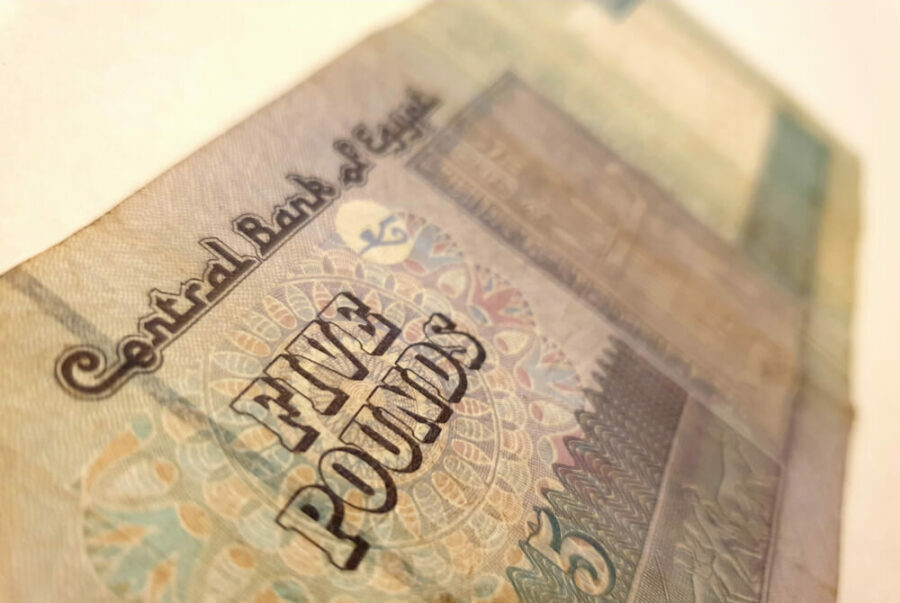All eyes are on the Central Bank of Egypt’s (CBE) Monetary Policy Committee (MPC) meeting to decide on interest rates on Thursday. Analysts expect an increase of 100-200 basis points as part of its ongoing attempts to rein in rising inflation on the one hand, and attract foreign currency to address liquidity shortages following the exit of hot money post the Russian-Ukrainian war, on the other.
It is the eighth and final meeting of the year, and comes a week after the IMF’s Executive Board approved a $3 billion loan and $347 million as initial payment. The loan guarantees Egypt about $14 billion from partners.

Egypt’s central bank has raised interest rates by 500 basis points since the start of this year as part of containing inflation, which reached a five-year high of 18.7 percent in November, up from 16.2 percent in October. Core inflation, which excludes the prices of the most volatile goods, jumped to 21.5 percent in November, from 19 percent in October. Inflation is expected to reach 19.8 percent in December.
Read: Egypt concludes $14 bn worth of soft financing deals in 2022
A Reuters poll on Tuesday predicted that the Central Bank of Egypt would raise the overnight deposit rate by 200 basis points.
The median forecast in a poll of 12 analysts indicated that the Central Bank of Egypt raised deposit rates to 15.25 percent and raised lending rates to 16.25 percent at the regular meeting of the MPC.
Analysts at financial firms expected the increase to not exceed 1 percent.
EFG Hermes, for example, said that in the absence of movement in the foreign exchange market, “we expect the central bank to raise interest rates by 100 basis points in an attempt to signal continued monetary tightening amid expectations of higher inflation.”
Oxford Economics also said that “with inflation higher than expected, we believe the central bank will raise interest rates by 100 basis points again.”
One analyst, on the other hand, believes that the central bank will keep interest rates unchanged as the measures it has recently taken, from increasing banks’ reserve requirements to raising interest rates by 200 points at the October meeting, are sufficient.
According to the latest data, interest rates on overnight deposits, overnight lending and the main operation rate registered 13.25 percent, 14.25 percent and 13.75 percent, respectively. The real interest rate — the nominal interest rate minus inflation — is at minus 5.45 percent.
Egypt was hit by the shock of rising oil and commodity prices following the start of the Russian-Ukrainian war, and has seen foreign investors withdraw about $22 billion from portfolio investments following interest rate hikes by major central banks.
As of March 20th, this year, the pound against the dollar began to register a significant deterioration in its value, losing about 57 percent of its value after two floats, in light of a large gap in its price between banks and the parallel market. The dollar has reached about 24.70 pounds in banks and up to 33 pounds in the parallel market.
In October, the Central Bank of Egypt approved the adoption of a flexible exchange rate for the pound, based on the mechanism of supply and demand in the market, which pushed the dollar up by about 25.5 percent in about two months.
A senior IMF official said on Tuesday that the fund expected daily changes in the dollar-to-pound exchange rate if import financing conditions were lifted by the end of the month. The IMF is closely monitoring the functioning of Egypt’s foreign exchange market, the official said.
Egypt’s $400 billion economy is facing its worst foreign exchange crisis since the dollar shortage began five years ago, which began with the devaluation of the currency and Egypt’s receipt of a previous loan from the International Monetary Fund worth $12 billion.
For more on Egypt, click here,








